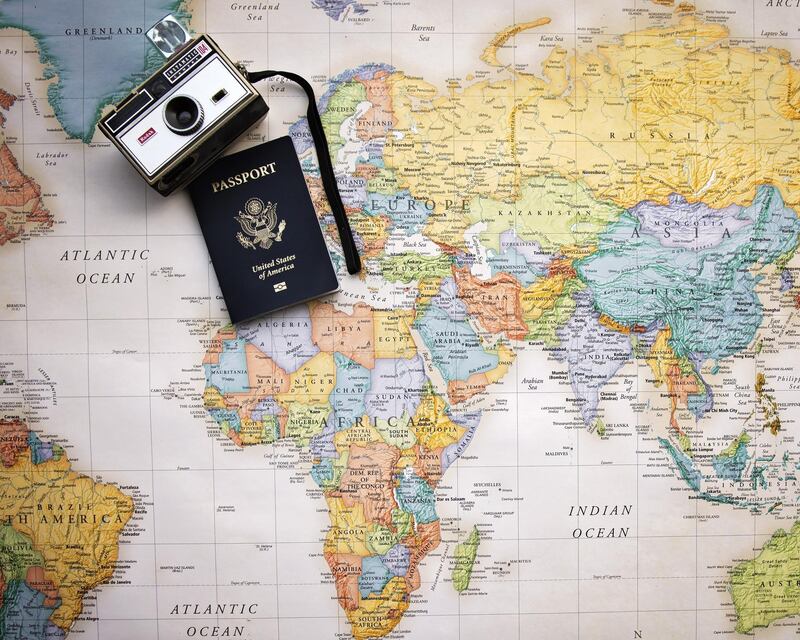At a St Patrick’s Day party held by the Irish Embassy in Abu Dhabi last week, I discussed with ambassador Paul Kavanagh the particular value of having an Irish passport now, in the run-up to Brexit.
While I was born in the UK and am British, I enjoy dual nationality thanks to my father’s place of birth being Dublin.
Yet even though his whole family were Irish Republicans – my great-uncle, in fact, wrote the Irish national anthem – the years slipped by without me bothering to apply for an Irish passport. I obtained it only in 2011, three years after moving to the UAE. I had resolved to get it ever since the Iraq War of 2003, but it took the prospect of travelling to places like Iraq or Yemen to go through with the paperwork. Wheeling out the passport of a country that has never oppressed or enslaved another and seems almost universally admired could potentially be a life-saver, I thought.
It was also because I’d realised how disliked the British are abroad, compared with other nationalities. Backpacking around the world in 2006 for example, the welcome I received once people thought I was Irish was tangible. People smiled, relaxed and engaged more, while the Brits, while respected, were kept at arm’s length, as if they were not quite to be trusted. It’s not surprising – from Northern Ireland to South Africa, India to Kenya, the world is haunted by offences committed and the widespread historical amnesia.
It seems that only the Brits could have got away with all this, because they are still welcomed to 160 countries visa-free. As such, the British passport is still one of the world’s most powerful, according to Passport Index, which collects, ranks and displays the passports of the world in real time.
Singapore and South Korea are at the top of the table, with visa-free entry to 163 countries. Germany and Japan rank second at 162, while Denmark, Sweden, Finland, Italy, France and Spain are at No 3. The UK shares a pool with seven European countries and is ranked at No 4, while Ireland is in good company at No 5 along with Switzerland, Malaysia, the USA and Canada.
With a visa-free score of 159, only entry to Vietnam currently stands in the way of Ireland matching the United Kingdom. Other notable differences are that while Irish passport holders can get visas on arrival in Iran, UK passport holders can get the same in Suriname.
Usefully, anyone considering getting a second passport can visit www.passportindex.org and compare the passport they have with those of other nationalities (perhaps surprisingly, even those with the lowest rank – Afghanistan, Iraq, Pakistan and Syria – can still travel to up to 33 other countries, visa-free).
For those at the top half of the table, a second passport is handy if you lose one, or need to travel at the same time as having a visa processed. And in this unstable world, where bluster and belligerence threaten to get out of hand, there is a sense of safety in having options.
I forecast that in the coming years the Irish passport will overtake that of the United Kingdom – although while I will enjoy the benefits of it, I won’t be renouncing my British passport just yet. It’s just too powerful.
____________
Read more:
[ On the move: the curse of the 'demonic plane child' ]
[ Journey to the home of Lego ]
[ Travelling with Kids: a son with dengue had my temperature rising ]
[ Travelling with Kids: discovering fresh delights in a new city ]
____________










